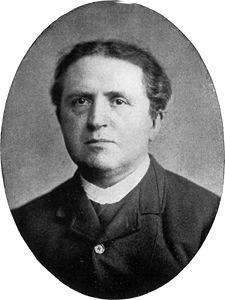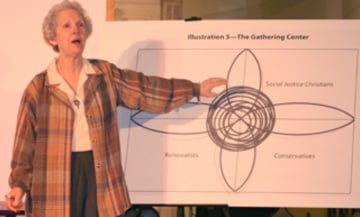Yesterday, Pew released a follow-up to their much ballyhooed religion survey that showed a 10 percent rise in a decade in the number of Americans that, when asked their religious affiliation, declared, “None.”
The original press reports declared, and the in-depth graphics make clear, that the younger an American is, the more likely s/he is a None; Catholics leave their religion more frequently than Protestants; and most Nones, though not practicing a religion, still consider themselves spiritual and tend to believe in God.
At Explore the Spirit, David Crumm digs a little deeper to find some hidden gems in the study, and he lays out a Top Ten list of “secrets” in the Pew Report.
Among David’s observations,
- Nones may be coming to a church near you.
- If you’re Catholic, learn Spanish.
- Diversity and switching are signs of health.
- Church attendance is NOT declining.
Interestingly, here’s David’s lede under Secret #1:
The biggest headlines on religion over the past year or so concern the
growing number of Americans who have rejected the time-honored social
pressure to at least claim they’re part of some religious group.
This reminds me of Charles Taylor’s A Secular Age (which, yes, I’m still reading (slowly) and planning to blog about more). Taylor’s contention is that the rise of secularity in the modern West is not a failure of religion, but is instead a reflection of this simple fact: For the first time in human history, lack of belief in a divine being is socially acceptable.
Methinks this is good news for those of us who think religion is important and who encourage others to consider faith in God. Faith is becoming voluntary instead of socially mandatory. This will, in turn, lead to more robust faith among those of us who do believe and, I think, result in great theological adventures as we navigate an unprecendentedly globalized world.

